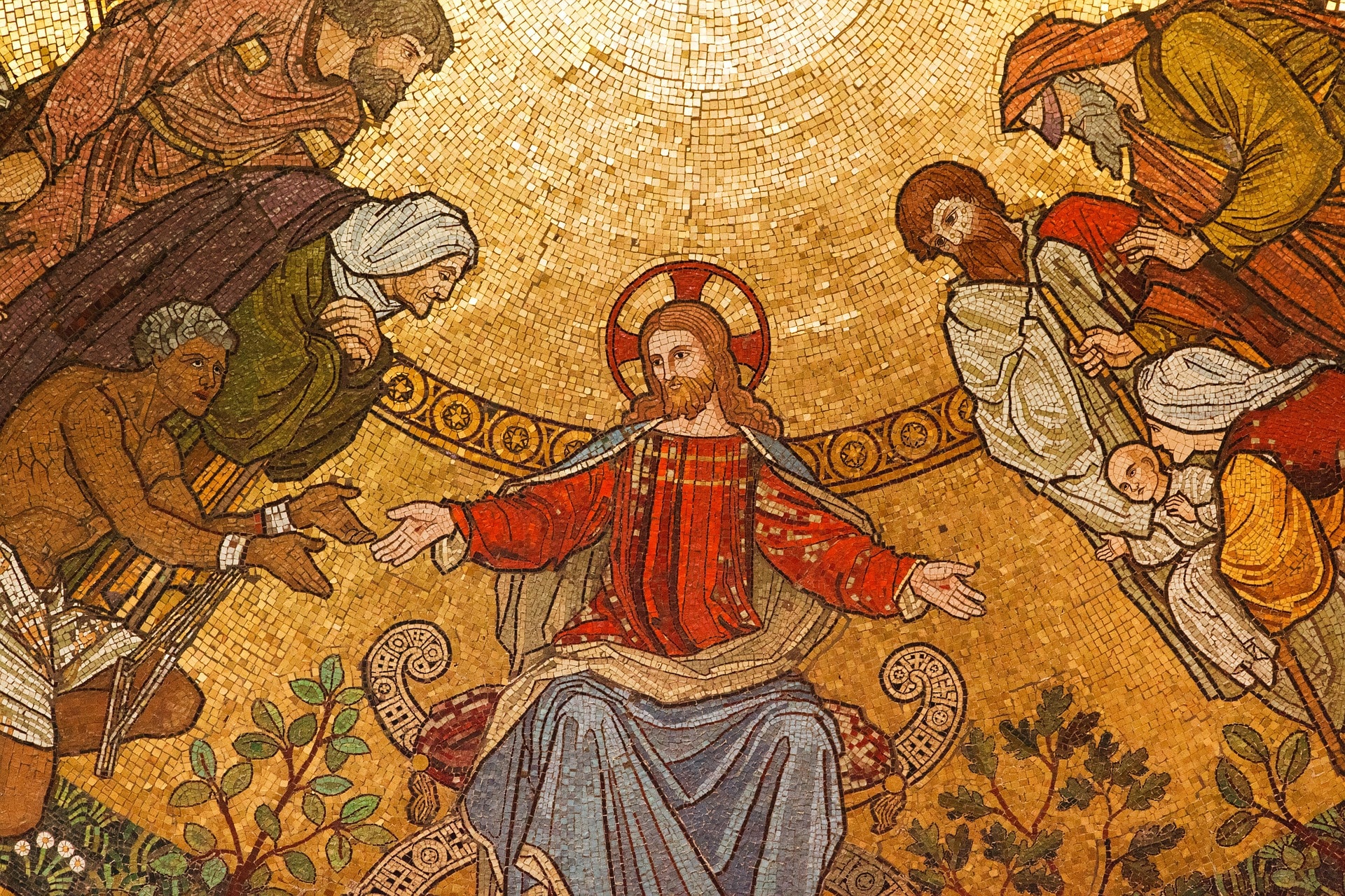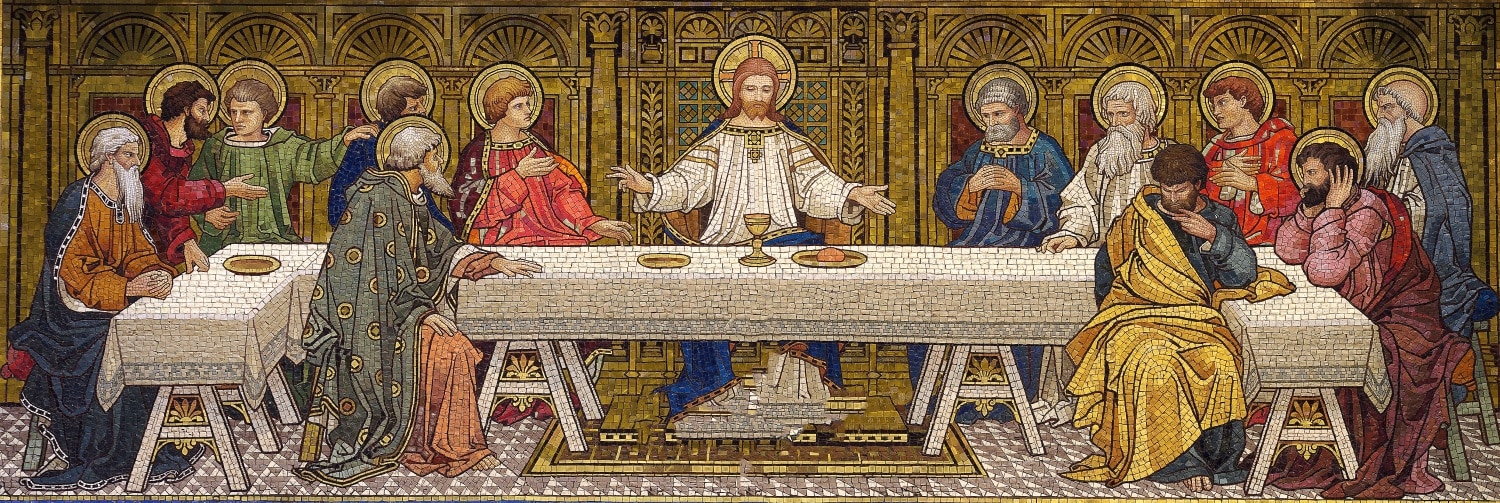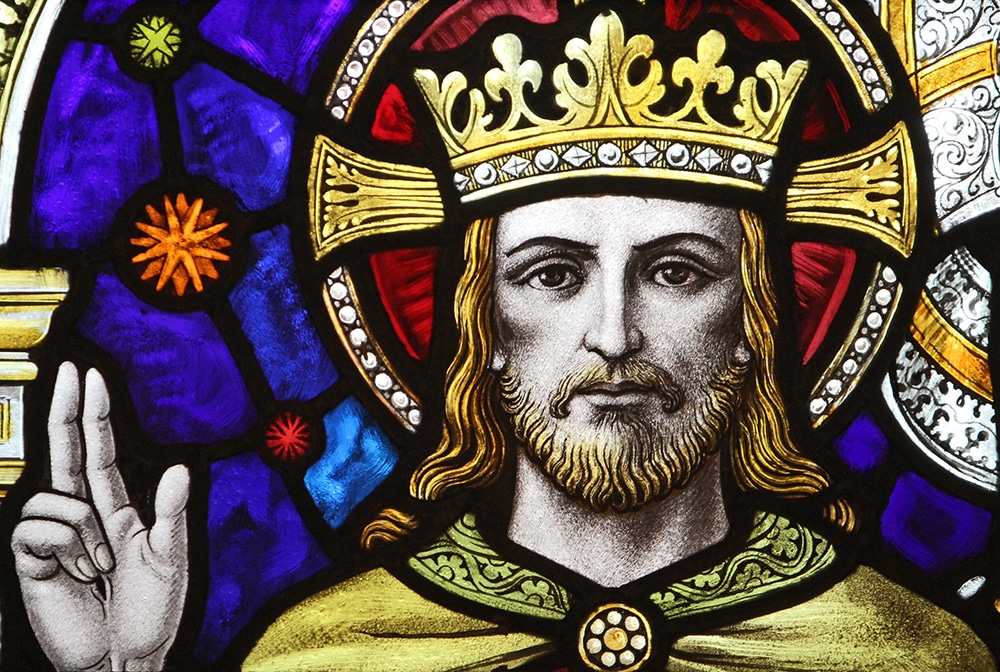In the Gospel of Mark, Jesus repeatedly does something we’d consider odd. Our Lord performs a miracle, in this case “opening” the ears of a man without hearing, and then “ordered them not to tell anyone” (Mk 7:36).
This is doubly peculiar when you consider what such a healing meant. In Isaiah, the salvation of Israel is proclaimed through such a moment of healing: “Then the eyes of the blind shall see, and the ears of the deaf be opened … For waters will burst forth in the wilderness, and streams in the Arabah” (Is 35:5-6).
The relationship between the healing of the blind and mute, and the fertility of a once-barren land are linked to one another. When God acts, a great reversal will take place. The deaf will hear, the mute will speak, the blind will see, and all that is barren will bear fruit.
We’re talking about the kingdom of God!
So, why wouldn’t Jesus want everyone to know about this kingdom? In the coming of Jesus Christ, the Messiah, we have the advent of God’s kingdom.
| 23rd Sunday in Ordinary Time – Sept. 9, 2018 |
|---|
|
IS 35:4-7A
PS 146:6-7, 8-9, 9-10
JAS 2:1-5
MK 7:31-37
|
Rationally, Jesus should not only want people to know about this kingdom. He should launch a marketing campaign, letting everyone know that salvation is at hand.
But not so fast. What kind of salvation was expected? With the coming of God’s reign, it would have only been natural to expect a Messiah, a great king, the anointed one who would conquer all the enemies of Israel.
We know that this was not Jesus’ destiny. He came not to rule from a majestic throne, but the cross. Jesus warns his disciples not to tell anyone, precisely because no one is ready to understand what it means to live in God’s reign. Only after his death and resurrection will it all make sense.
The one who came to heal the blind, to cure the deaf, is also the one who “gave my back to those who beat me, my cheeks to those who tore out my beard …” (Is 50:6). In his suffering, one will see the fullness of what God’s reign consists of — love unto the end.
The letter of James orients us to the mystery of the hidden reign of God. James is addressing a problem that has haunted the Church from her beginnings — the desire to appear powerful in the eyes of the rich, the politically connected.
This desire is only natural. If the Church wants to exert power in society, it’s better to make connections with powerful presidents, wealthy patrons, and lucrative wheelers and dealers.
They’re the ones who get the special seats at Mass, who are publicly thanked by powerful prelates, who get appointed to the proper boards of trustees.
But wait a second. James cautions us against employing this logic of power and prestige. The ones who really matter are the poor, the hidden presence of our Lord. We are to give the poor a seat of honor, for, “Did not God choose those who are poor in the world to be rich in faith …?” (Jas 2:5).
The hidden reign of God is revealed in the presence of the poor, who should be treated as Christ pitching his tent among us.
So, Jesus’ caution against revealing his identity makes sense. As long as we’re addicted to the logic of power and prestige, we’ll expect to find him only in revelations of power.
But through the cross, our Lord teaches us that the reign of God is made manifest among the least of these.
This is still a lesson that the Church is learning.





